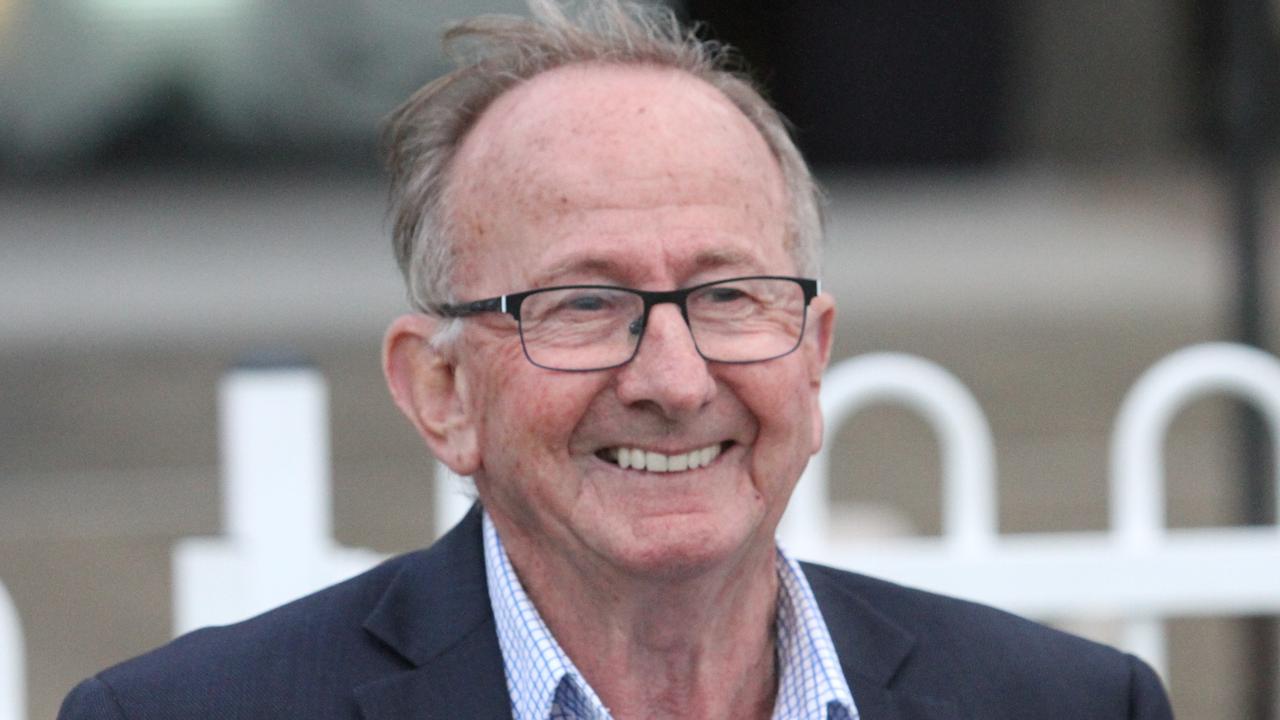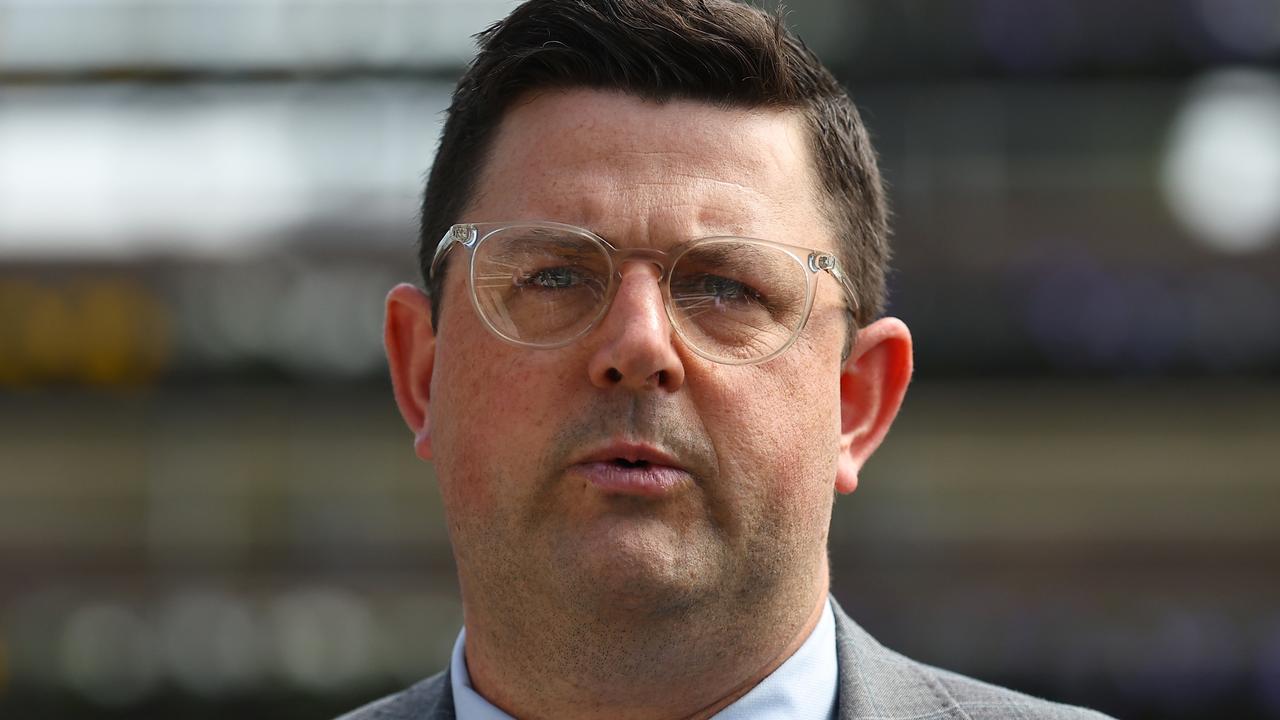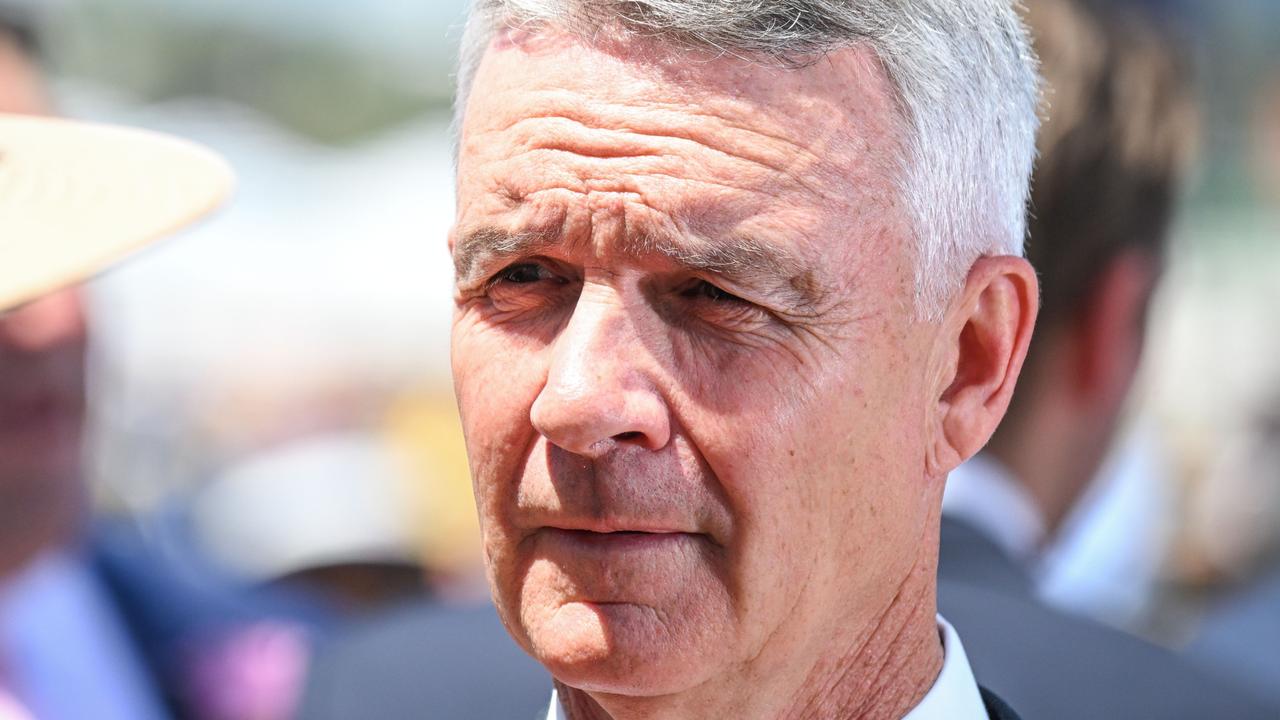EXCLUSIVE: Racing Victoria responds to falls, fatigue concerns
Racing Victoria’s two-page response comes after News Corp Australia published a special report on Monday, airing the views and concerns of 10 racing participants across Australia.

In the wake of a series of serious race falls in Victoria and concerns about participant fatigue, Racing Victoria has issued a detailed response.
Their response comes after News Corp Australia published a special report on Monday, airing the views and concerns of 10 racing participants across Australia.
In an exclusive two-page statement to News Corp, Racing Victoria CEO Andrew Jones has explained what the governing body is doing to address the issues.
For context, here is their statement in full:
RV’s goal is to maximise safety for riders and horses and to minimise the occurrence of racing incidents, while acknowledging the inherent risks of the sport.
The falls at three consecutive Saturday metropolitan meetings have been widely reported. Each incident is being reviewed thoroughly via a Stewards inquiry.
The first inquiry saw two riders suspended for careless riding on Monday.
The Stewards will make their determination on the remaining two inquiries once the injured riders are up to being interviewed.
Fatigue is an important topic for discussion, but, unless the Stewards find otherwise, is a separate issue to the falls.
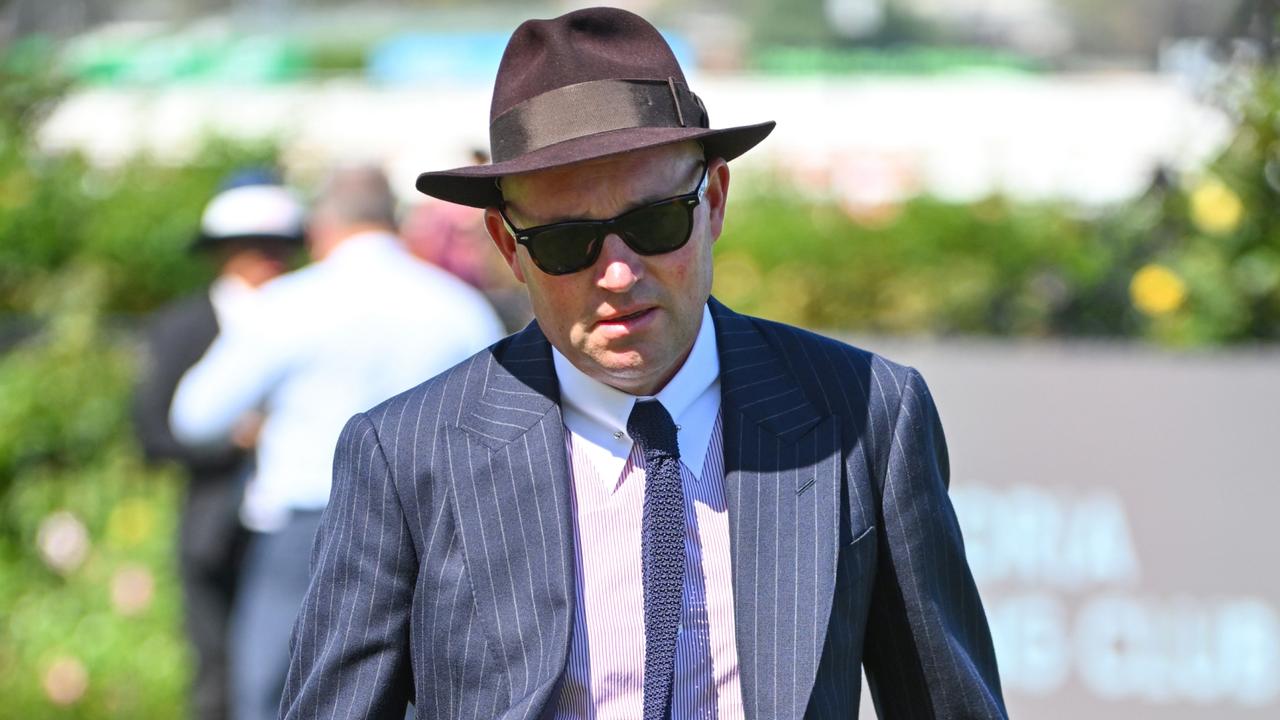
The Victorian Jockeys’ Association (VJA) has taken the same view. The VJA has stated, however, that the working week continues to provide challenges for its members.
RV is open to discussing all options to improve working conditions for industry participants, noting the following facts and principles:
■ RV balances the racing schedule to optimise opportunities for fans to engage with racing and for horses, owners and participants to race.
■ We do so to ensure a strong and viable industry in Victoria that supports more than 25,000 full-time jobs.
■ Fans deliver racing’s primary sources of funding through attendance, media rights and sponsorship value, and wagering.
■ This revenue underpins industry prizemoney, hence returns to owners and breeders. It also funds broader investment in the sport.
■ We therefore need to put racing on when fans can and want to watch it. This means when they are not at work. For a majority of fans, that means later in the day and later in the week.
■ The onus on the industry is to evolve accordingly. As many participants have noted, the fatigue challenge in racing is driven by early starts as much as late finishes. The scheduling of jump outs vs. races is also a factor.
■ With that in mind, we are trialling later training starts at key centres, starting with Ballarat Turf Club under the leadership of Belinda Glass. This trial has been well received and local trainers want to make the change permanent. RV is a strong supporter and has adjusted race times later at Ballarat meetings to assist.
■ Ultimately, we want more Clubs to follow Ballarat’s lead. Later starts should also make it easier for stables to attract staff with labour shortages being another key issue facing the industry.
■ This view is not shared by all participants, however, with some trainers and Clubs wanting to retain early starts for varying reasons. Hence, it’s a discussion we will continue with Clubs, trainers and the Australian Trainers Association (ATA) throughout 2023.
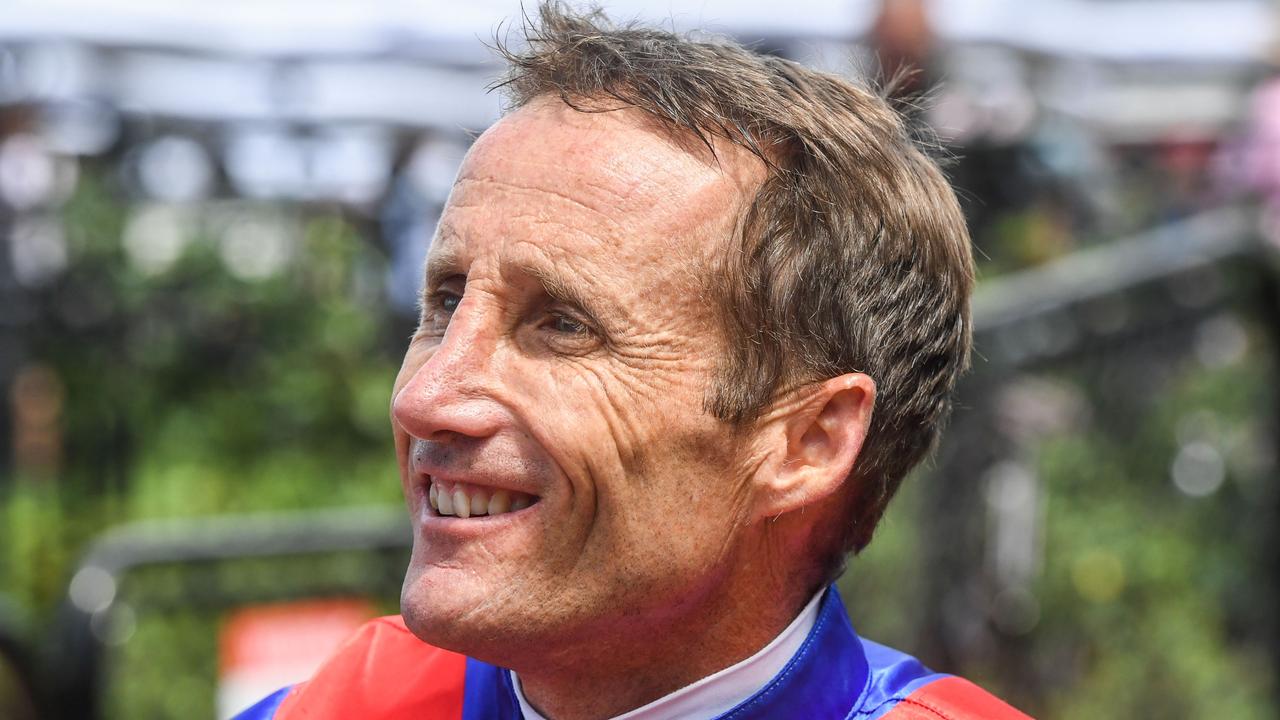
■ We are also looking at the optimum schedule of jump outs and trials, with a bias to concentrating them earlier in the week. As Damien Oliver suggested, jump outs could potentially be concentrated Monday-Wednesday or Monday-Thursday, with the focus shifting to racing Wednesday twilight-Saturday, and on Sundays in the country.
■ As to overall workload, we program 25 fewer meetings annually in Victoria today than we did 15 years ago, however the footprint has changed to meet customer demand.
■ Within this framework, jockeys and trainers choose when and where to compete to maximise their income and progress their careers. They are self-employed and have historically been fiercely protective of that choice.
■ RV is willing to regulate the working hours for senior jockeys, as we do for apprentice jockeys, if they can’t manage their working week in the interests of their own health and that of their colleagues. However, the evidence to date suggests they do with our most recent study in Victoria finding that only 5 per cent of jockeys rode, on average, at race meetings on 4 or more days per week.
■ RV also recently trialled a race-free week – a forced break from racing for all in Victoria. This initiative met with resounding disapproval from participants whose overwhelming position was that RV should set the schedule and let them decide whether they wish to compete or not.
■ Night racing has been conducted in Victoria for 25 years. This season 51 night meetings were programmed – down from a high of 57 in 2016-17. Collectively, 12 per cent of our meetings were programmed at night or twilight this season. This figure peaked at 14 per cent in 2018-19 and 2019-20. Since its expansion to a third track in 2016-17, we have sought a balanced approach that allows for an earlier finish to further aid participants without compromising the customer experience for attendees or having a detrimental impact on industry returns. As a result, night meetings now finish a minimum of 30 minutes and up to 90 minutes earlier than they once did.
■ RV is in constant contact with the industry’s key representative bodies, including the VJA, ATA, and the Thoroughbred Racehorse Owners’ Association (TROA), with respect to the racing schedule, participant welfare and other key industry issues.
■ Among the matters that we have been consulting with the VJA, ATA and TROA on throughout the first quarter of 2023 is next season’s race dates; our trials and jump-out schedules; trackwork hours and a trial of later starts; and a review of mounting yard safety.
■ Safety is always top priority. This is why RV continues to invest heavily in safety via initiatives like the world-leading rollout of plastic running rails across the state to name just one example.
RV’s task is to balance the interests and welfare of each stakeholder group with opportunities for fans and owners to engage with the sport.
There will always be a range of views on particular initiatives — our job is to listen, analyse and work out the best answer for the sport.
We will continue to do that.
Originally published as EXCLUSIVE: Racing Victoria responds to falls, fatigue concerns

